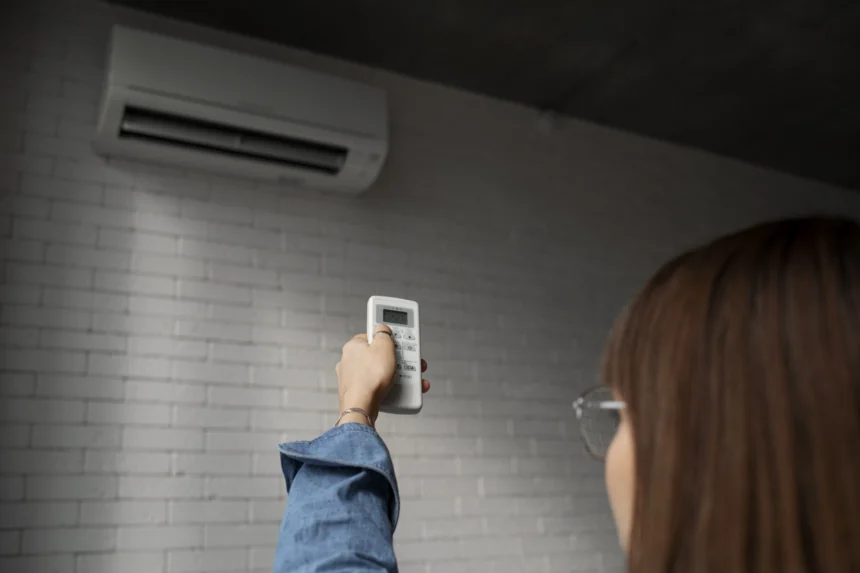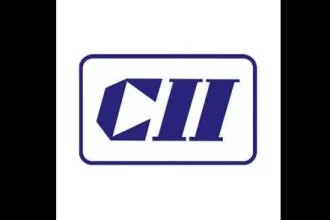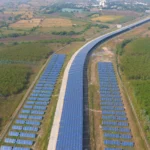As per the ET report, the Indian government has temporarily removed the BIS certification requirement for key air conditioner and refrigerator components, including grooved copper tubes and large-capacity compressors. While this move aims to prevent shortages during the peak summer season, experts raise concerns over potential environmental implications, particularly regarding energy efficiency and long-term sustainability.
Details of the Exemption
The Department for Promotion of Industry and Internal Trade (DPIIT) has lifted the BIS certification requirement for:
-
Grooved Copper Tubes: These are vital for the efficient functioning of ACs and refrigerators.
-
AC Compressors of 2 Tonnes and Above Capacity: These compressors are essential components in larger cooling systems.
This exemption includes imports from countries like China, addressing industry concerns about domestic supply limitations and higher local prices.
Industry Implications
The exemption is a relief for manufacturers who had anticipated product shortages due to certification delays. Domestic production capacity for these components has been insufficient to meet the escalating demand, leading to reliance on imports. The government’s decision is expected to stabilize the market and prevent potential shortages during the peak summer months.
Environmental Considerations
While the exemption addresses immediate supply concerns, it raises questions about environmental implications:
-
Quality and Efficiency: BIS certification ensures products meet specific quality and safety standards, including energy efficiency. Exempting components from this certification could lead to the use of parts that are less energy-efficient, potentially increasing energy consumption and greenhouse gas emissions.
-
Long-Term Environmental Impact: Increased energy consumption from less efficient appliances can contribute to environmental degradation. However, the exemption is temporary, and reinstating certification requirements post-summer could mitigate long-term effects.
Conclusion
The government’s decision to exempt certain AC and refrigerator components from BIS certification is a pragmatic approach to prevent appliance shortages during a critical period. However, balancing immediate consumer needs with long-term environmental sustainability is crucial. Ensuring that these exemptions do not compromise energy efficiency standards will be essential to minimize potential negative environmental impacts












